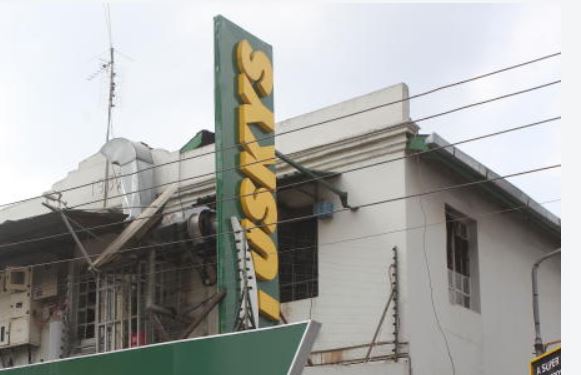×
The Standard e-Paper
Stay Informed, Even Offline

Sometimes in 2017, Tuskys appeared on the deathbed of fellow supermarket Nakumatt dangling a revival dose.
Tuskys pledged to guarantee as much as Sh3 billion of debt and inject Sh650 million short term capital into Nakumatt in a deal that was tipped to be a life-saver for the beleaguered retailer.